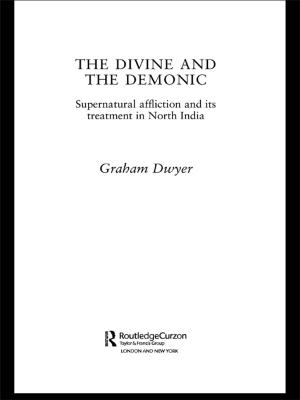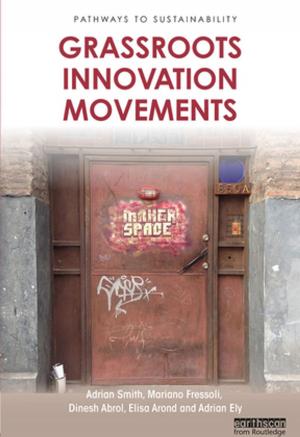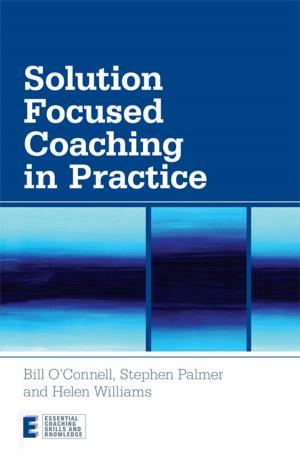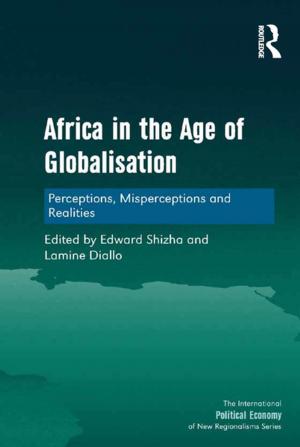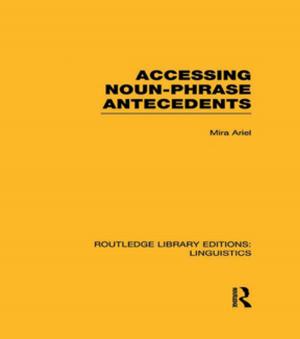Applied Linguists Needed
Cross-disciplinary Networking in Endangered Language Contexts
Nonfiction, Reference & Language, Education & Teaching| Author: | ISBN: | 9781317978046 | |
| Publisher: | Taylor and Francis | Publication: | June 3, 2014 |
| Imprint: | Routledge | Language: | English |
| Author: | |
| ISBN: | 9781317978046 |
| Publisher: | Taylor and Francis |
| Publication: | June 3, 2014 |
| Imprint: | Routledge |
| Language: | English |
It is a fact that the world’s languages are dying at an alarming rate. This comprehensive volume aspires to raise awareness among applied linguists and language practitioners about the needs and concerns of endangered language communities. It suggests that the way forward lies in building language revitalization teams reflecting the levels of expertise that the fields of formal linguistics and applied linguistics have to offer – in how well researchers and practitioners exploit a tremendous networking potential across disciplines to address the needs of revitalization, stabilization, or maintenance in these communities.
A wide range of expert contributors addresses the following themes: (1) how varied language teaching contexts dictate what applied linguists bring to the table; (2) how training in applied linguists can empower members of the speaking community; (3) why we should critically examine the issues and terminology used to describe endangered language contexts; and (4) how linguistic skills can be adapted and integrated, conceptually and pedagogically, into non-traditional teaching contexts. The strength of this collection lies in bringing together expert applied and field linguists whose work represents extensive field experiences, theoretical expertise, and passionate resolve to act.
This book was originally published as a special issue of Language and Education.
It is a fact that the world’s languages are dying at an alarming rate. This comprehensive volume aspires to raise awareness among applied linguists and language practitioners about the needs and concerns of endangered language communities. It suggests that the way forward lies in building language revitalization teams reflecting the levels of expertise that the fields of formal linguistics and applied linguistics have to offer – in how well researchers and practitioners exploit a tremendous networking potential across disciplines to address the needs of revitalization, stabilization, or maintenance in these communities.
A wide range of expert contributors addresses the following themes: (1) how varied language teaching contexts dictate what applied linguists bring to the table; (2) how training in applied linguists can empower members of the speaking community; (3) why we should critically examine the issues and terminology used to describe endangered language contexts; and (4) how linguistic skills can be adapted and integrated, conceptually and pedagogically, into non-traditional teaching contexts. The strength of this collection lies in bringing together expert applied and field linguists whose work represents extensive field experiences, theoretical expertise, and passionate resolve to act.
This book was originally published as a special issue of Language and Education.


